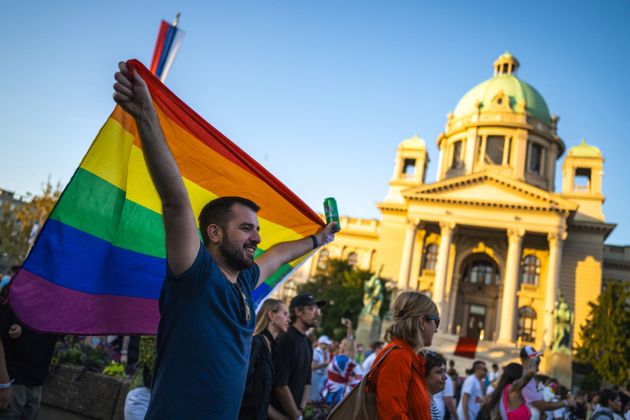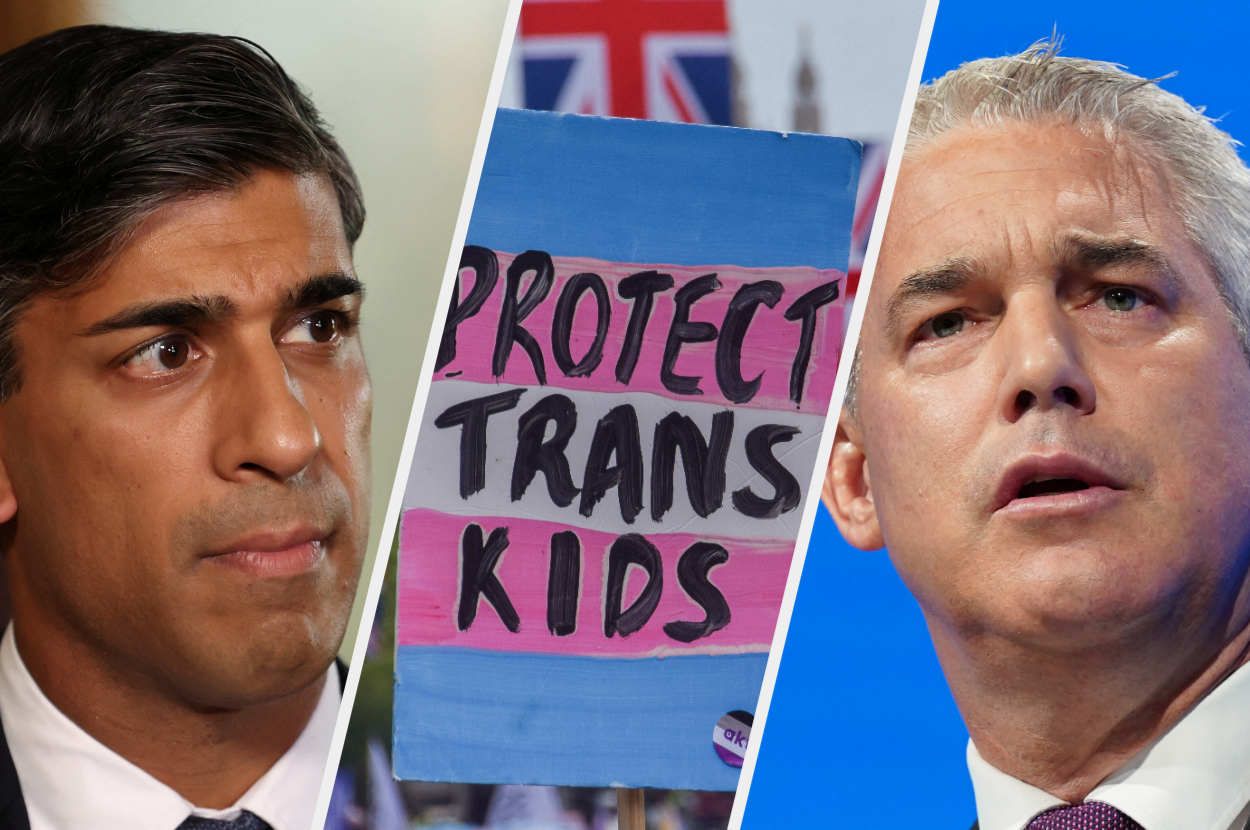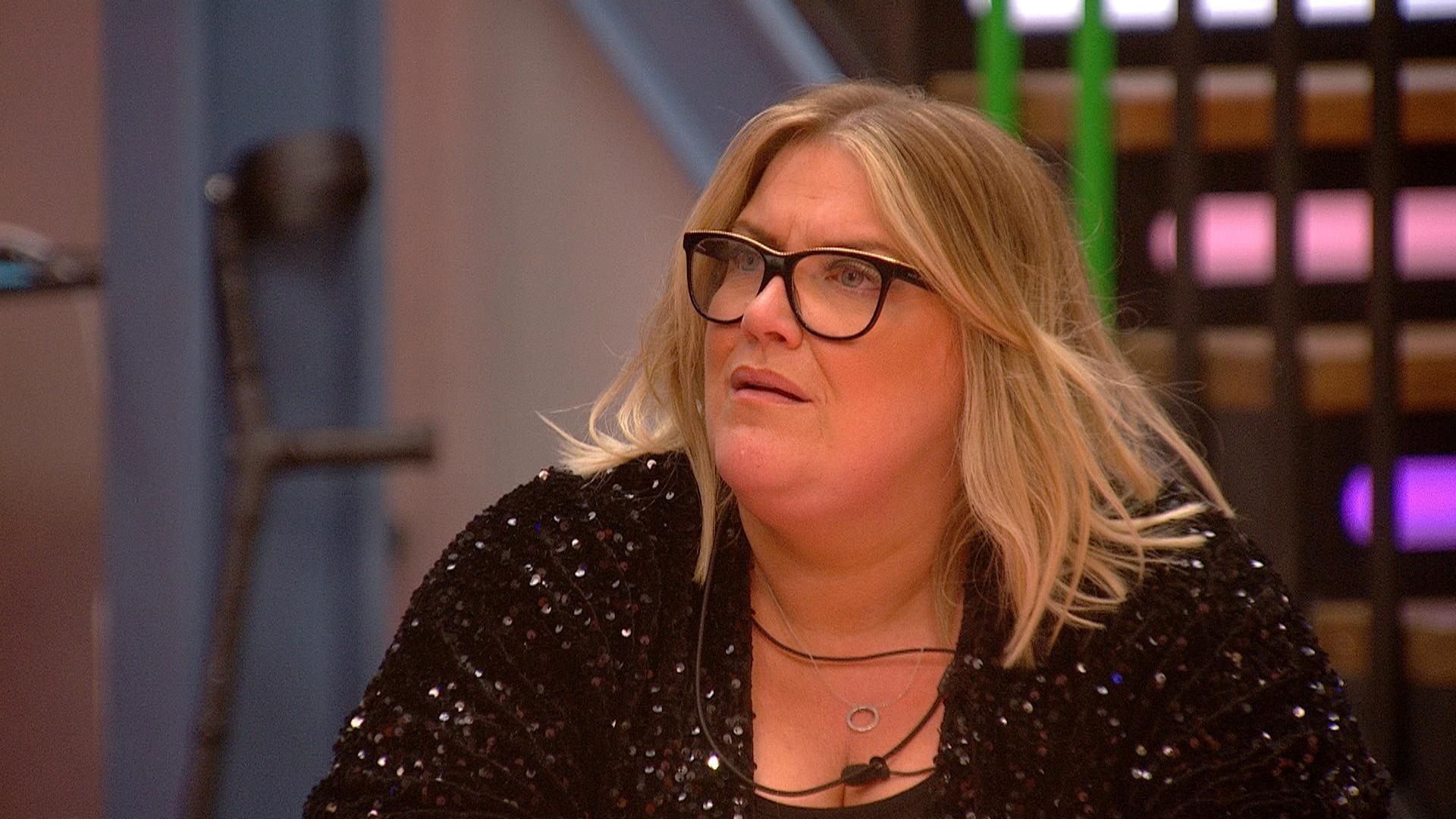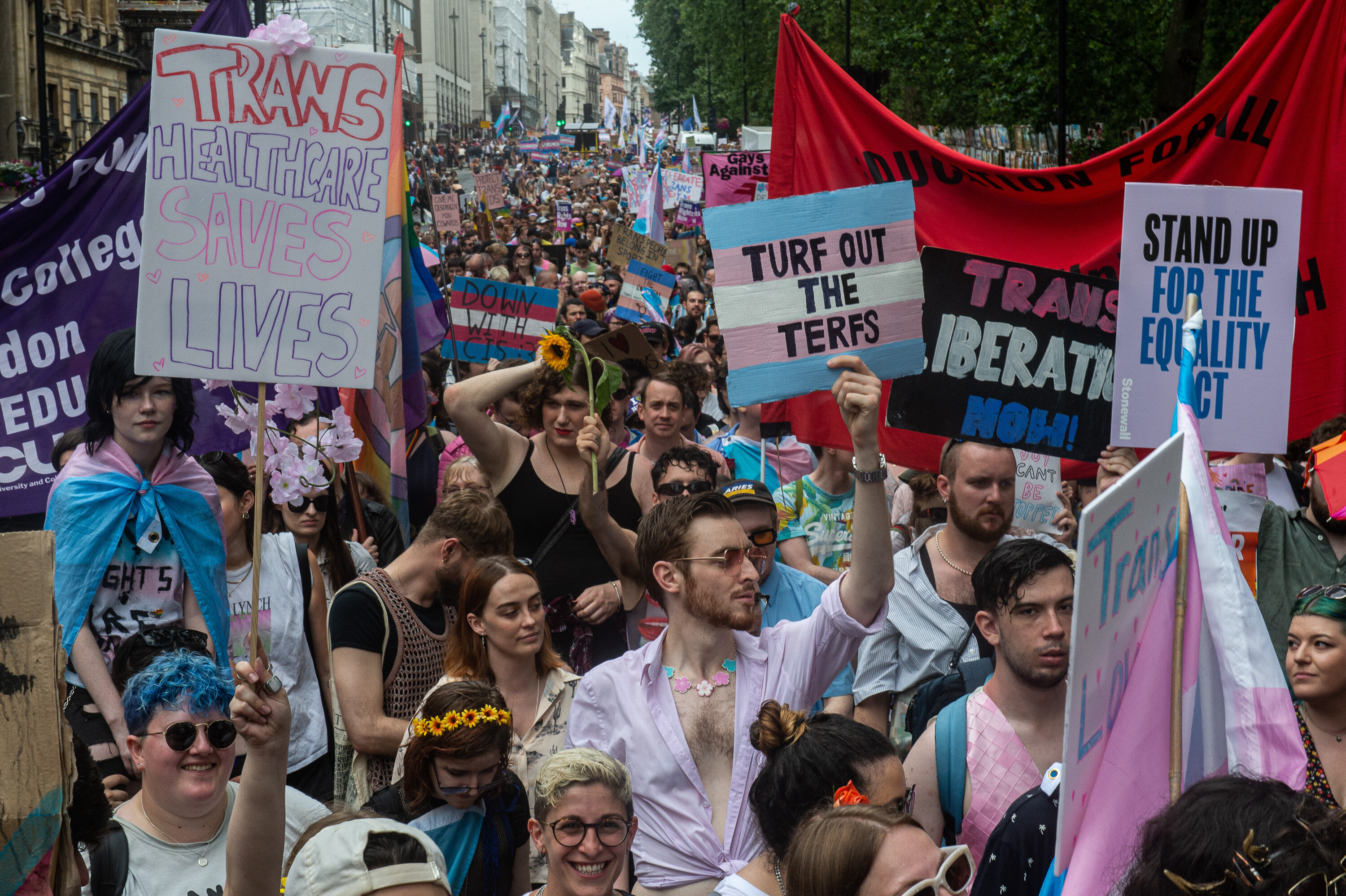
LGBTQ+ rights have come under pressure in certain parts of the world, in what appears to be a backwards step.
While that’s not the picture for every nation, 77 countries around the world still criminalise private, consensual same-sex relationships, and erode LGBTQ+ rights.
So here’s a round-up of some recent headlines reflecting both the bad – and some of the good – updates about the LGBTQ+ rights.
The bad news...
1. India refuses to legalise same-sex marriages
In a major blow to campaigners, India’s Supreme Court declined to legalise same-sex marriage this week.
Campaigners had suggested just changing the words “man” and “woman” to “spouse” in the Special Marriage Act, but the judges refused.
It said the court could only interpret the laws as parliament makes them.
Instead, the government – which had opposed the change over the idea it would lead to “chaos” in society – will be setting up a panel to consider granting more legal rights to same-sex couples.
The chief justice of the Supreme Court did also call on the government to stop discrimination against the “queer community” and protect them against harassment and violence, adding that “queer and unmarried couples” can adopt.
2. Uganda’s anti-LGBTQ+ law increases homophobic abuse
The law, passed in May, has seen a significant uptick in abuse towards the LGBTQ+ community in the last few months, according to activists.
The anti-homosexuality act, one of the world’s strictest anti-gay laws, means people can face the death penalty for breaching it. At least six people have been charged under it already.
A Committee of the Convening for Equality coalition said at the end of September that the law, and the heightened homophobic rhetoric, had increased anti-LGBTQ+ abuse. Between January 1 and August 31, there were 306 rights violations, mostly from private individuals.
3. Trans women to be banned from female wards in the UK
Shortly before it was revealed that hate crimes against the trans community have hit a record high in England and Wales, health secretary Steve Barclay announced a plan to ban trans women from female NHS wards earlier this month.
Barclay said the Tories “know what a woman is” and said he would restore “common sense” to the NHS.
4. Canada pushes through controversial pronoun bill
Saskatchewan province used a constitutional device to get a controversial bill passed earlier this month.
The bill meant parents will be the “primary decision-maker” in their child’s education including provision requiring parental consent before staff use a desired gender identity or gender-related preferred name if the student is under the age of 16.
The bill does add that if obtaining parental permission would harm the child, the principal will connect students with a plan to help address it with their parents.
But activists slammed Canada’s decision to protect the legislation from legal challenges too, saying it set a “dangerous precedent”, especially when legislation targets trans youths.
Onto the more positive news...
1. Mauritius decriminalises same-sex relations
The Supreme Court of Mauritius decriminalised same-sex relations earlier in October, by getting rid of a colonial-era law.
It found section 250 of the country’s criminal code was unconstitutional – it was introduced in 1898 – and so it “was inherited as part of our colonial history from Britain”, rather than reflecting indigenous values.
It meant the country was going against the trend set by many of its neighbours in Africa, where anti-homosexuality laws were being reinforced.
2. Hong Kong protects gay couples’ housing rights
Gay couples now get equal housing rights in Hong Kong, after the Court of Appel dismissed a government attempt to stop same-sex married couples from renting and owning public housing.
The court said it was “discriminatory in nature” and a denial of their rights.
The case was built on two cases, after two separate couples were denied either rental rights or joint-ownership of flats because their marriages were not recognised in Hong Kong.
The judges concluded: “The differential treatment in the present cases is a more severe form of indirect discrimination than most cases because the criterion is one which same-sex couples can never meet.”
3. Queensland called on scrapping blood donation restrictions
Earlier this month, Queensland became the first Australian state to support applying the individual risk assessment approach to whole blood donations as well as plasma donations.
At the moment, the Australian federal government restricts most gay and bisexual men, transgender women and some non-binary people from donating, unless they haven’t had sex in three months.
Health minister Shannon Fentiman said Queensland has asked the federal government for a “more inclusive approach to blood donation in Australia”.
Since May, people have been able to donate blood plasma, by applying “individual risk assessments”, but campaigners are hoping for more.
4. Greece’s first openly gay political leader announces he wants to be a parent
Stefanos Kasselakis, leader of the left-wing party Syriza, said that he wanted to bring LGBT+ rights to the surface in Greece, and stop it being a taboo subject.
He claimed he had planned to deliberately “stir stagnant waters” by saying he and his American husband want to be parents through surrogacy.
He wrote on Facebook: “Love makes the family. These are issues solved in other countries, but not in Greece.”
He added that he had more plans, too. He explained: “Same-sex marriage will happen at some point and it’s part of our strategy. Greek society is much more ready and mature.”



